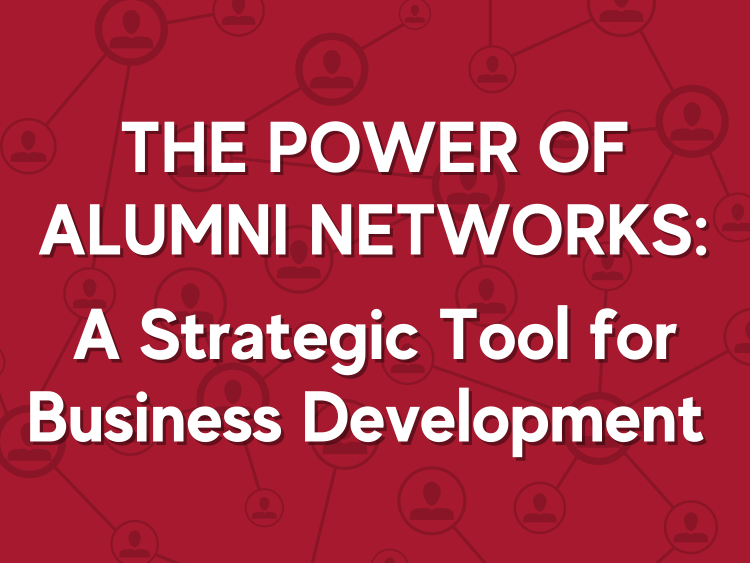In the legal industry, like most industries, there’s an unfortunate misconception that millennials have a lack of initiative or work ethic. But studies have shown that’s not the case — millennials just have different priorities and career goals than the generations before them. Much of the friction between baby boomer partners and millennial associates could be resolved with better communication and understanding.
That understanding can’t come soon enough, either; millennials will outnumber baby boomers for the first time in 2019. This year’s LMA Southwest Regional Conference took a dive into this topic during the session “Turning Millennial Lawyers into Marketing Ninjas,” led by Morgan MacLeod of Cubicle Fugitive and Lindsay Bombardier of Lenczner Slaght. We learned a ton about how millennial lawyers operate and scored a copy of “A Booming Force in Law: The Millennial Lawyer,” a new research study from Cubicle Fugitive.
For those that couldn’t make it to the conference, here are four takeaways about how to attract and retain millennial lawyers.
- Give them more time to market and develop their business.
When young associates are expected to bill 2,000-plus hours a year, that doesn’t leave much of an opportunity for them to develop their book of business or come into their own as marketers. It’s no surprise, then, that survey respondents said “not having enough time” is their biggest challenge with regard to marketing themselves.
Law firms can’t create more time in the day, but they can give associates more flexibility in their schedules to attend events and network. Business development training is also key here so that young lawyers can use what little time they do have efficiently — in fact, 60% of respondents said they could use more training in this area.
- Communicate expectations clearly.
Most partners want to see associates go after and bring in their own clients. But according to the study, almost half of millennial lawyers said they aren’t expected to generate any new business. There’s clearly some miscommunication going on here.
Millennials want to do their jobs well and meet the expectations placed on them, but they can’t do that if they don’t know what those expectations are. As newcomers to the industry, they don’t always understand the inner workings of a law firm and they may need more guidance than their superiors realize. Whether it’s through one-on-one meetings, a written handbook or quarterly reviews, everyone is happier when expectations are laid out clearly.
- Think beyond billable hours.
Although millennials still want financial security and incentives, they aren’t as dedicated to these things as generations before them. Young people care more about doing worthwhile work at companies that share their values — and they’re less willing to work themselves to death to get these intangible benefits.
To retain bright, young lawyers, perhaps it’s time to rethink your business model. One lawyer who was interviewed for the report suggested measuring associates based on billings, rather than billable hours, and another recommended staggering billable hour requirements so older associates have more time for business development. To put it bluntly, millennials, especially the most talented ones, won’t stick around at firms that don’t care about their personal well-being.
- Provide mentorship and feedback.
We all know that law school doesn’t truly prepare students to practice in the real world, and unfortunately, the survey reports that many millennial lawyers feel anxious and unsure of themselves. Young associates have a confidence problem, and there’s no doubt this can interfere with their work performance.
Mentoring and providing clear, consistent feedback is the best way to help these associates come into their own and develop into successful partners. Feedback, both negative and positive, can quell work anxiety and boost confidence — and that means doing a better job, too. Becoming a great lawyer takes time, and it’s up to law firms to help their associates get there.



